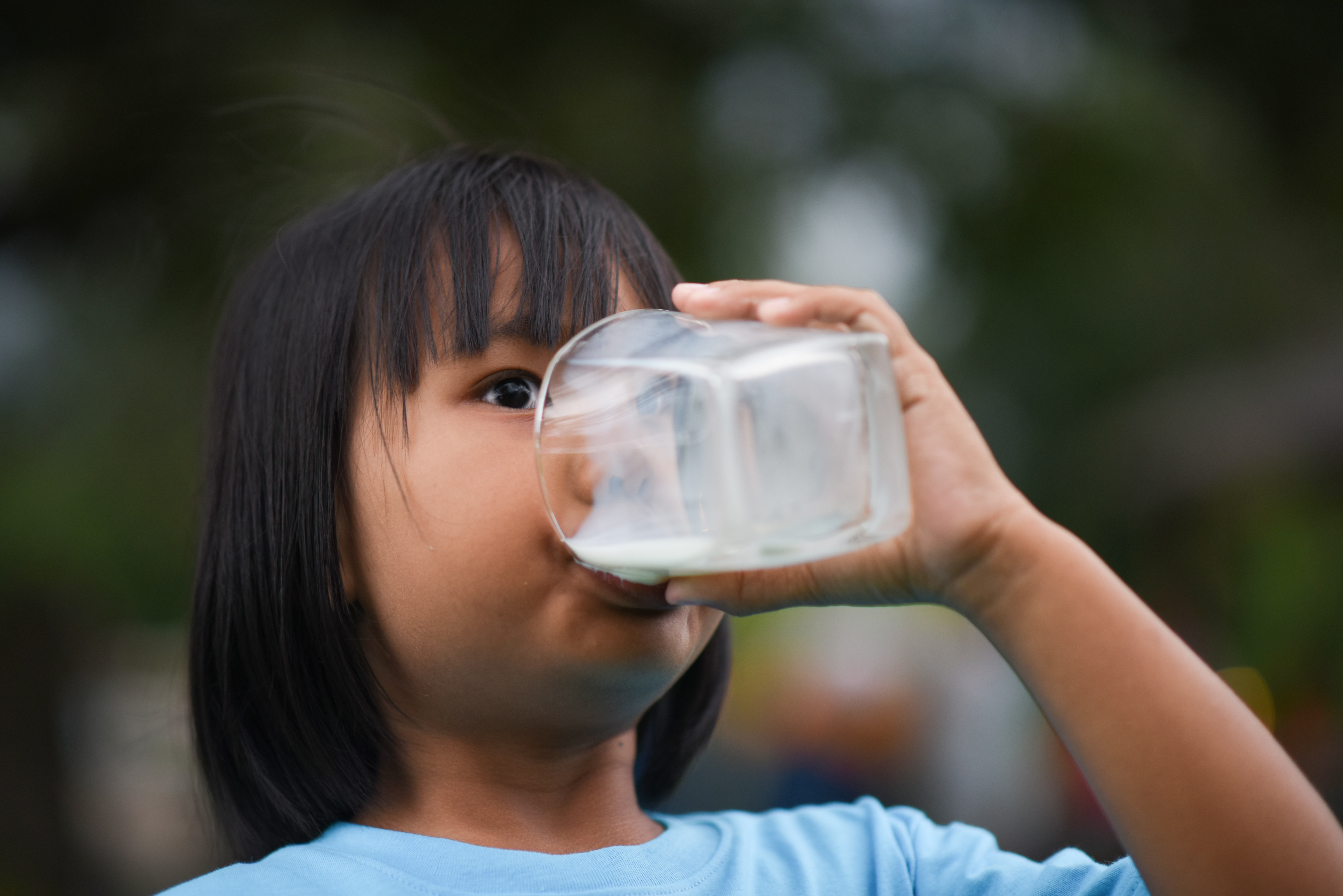Parents, Here Are 5 Ways To Care For Your Children At Home If They Get HFMD
This year, a total of 9,822 HFMD cases have been reported so far.
Last week, the number of Hand, Foot, and Mouth Disease (HFMD) cases in Malaysia exceeded the national alert level of 1,150 cases per week from 7 May to 13 May
Health director-general Datuk Dr Muhammad Radzi Abu Hassan told Bernama that a total of 9,822 HFMD cases have been reported so far this year, with Selangor being the highest contributing state at 2,443 cases as of 13 May.
He added that out of 9,822 cases, 8,587 of them are children aged six and below.
With the outbreak ongoing, here are some steps you can take to care for your child at home if they are infected with HFMD:
1. Offer them plenty of fluids
As children with HFMD often present with fever, lethargy, and poor appetite, it is important to keep them hydrated with plenty of fluids.
Avoid acidic drinks, like orange juice, as it may worsen the pain caused by mouth ulcers.
2. Feed them cold and soft meals
Foods that are cooling and easy to eat will help soothe a sore throat and painful mouth.
Examples of cold snacks that your kids will love: plain yoghurt or fruit yoghurts, smoothies, milkshakes, and maybe even ice cream.
3. Leave those blisters alone
According to Gleneagles, tiny blisters, about 3mm to 7mm in diameter, may appear on palms, soles of feet, surface of the tongue, roof of the mouth, and inner cheeks.
No matter how much the blisters prove to be of annoyance, make sure to not pierce or scratch them as the fluid within is infectious.
The Centers for Disease Control and Prevention (CDC) explains that the fluid secreted in the blisters contains the virus that causes HFMD.
4. Treat your child's mouth pain
According to Childrens' Hospital of Philadelphia, paracetamol and non-steroidal anti-inflammatory drugs (NSAIDs), such as ibuprofen, are effective pain relieving medicines.
Please consult your doctor immediately if:
- Your child does not want to drink water and is showing signs of dehydration, such as decreased urination, as well as dry lips and mouth
- Your child's fever lasts more than three days
- Your child is in a lot of pain
- Your child is too lethargic
- Your child hasn't recovered from symptoms after 10 days
5. Lots and lots of rest
Make sure your kids get an adequate amount of rest, it will help them to recover faster.
Ross Bridge Pediatrics emphasises that sleep is essential because the human body releases cytokines during sleep, which aids in the immune system's response to fight off infections.
Furthermore, by resting, the body can direct more resources to fight off infections.




